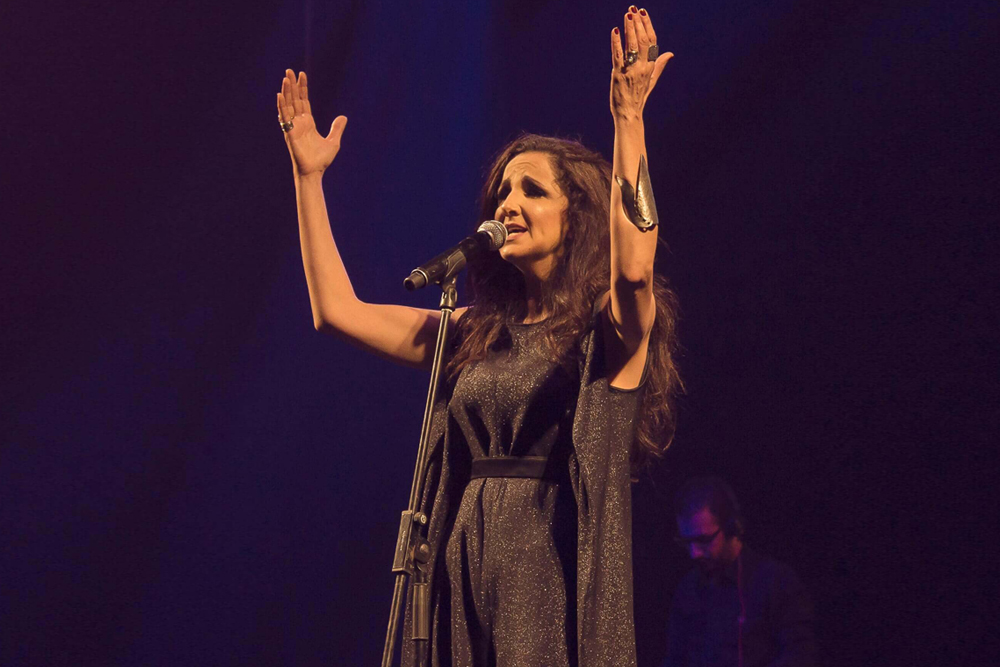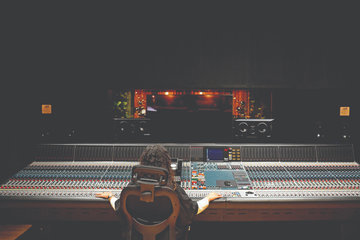
Tania Saleh’s new album, "10 A.D." (10 Years After Divorce), is bound to resonate with many divorcées in the region, especially Lebanon. In the daring addition to her CV, the Lebanese artist and songwriter celebrates and explores women’s state of affairs from various angles, particularly the reality a divorced woman must deal with. The topics Saleh dives into via her lyrics range from the right to decide over one's own body, midlife crises and vanity to social pressure and addiction to the virtual world. The songbird also touches on hyper consumerism and the injustice of the patriarchal Middle East.
"I live in a world where inspiration abounds, but where there is no state support for culture," she says. "I have written many songs about the conditions we live under in Lebanon, in this divide between a nostalgic idea of a country we have heard about in songs, but which we have never owned, and our unquenchable thirst for the economic welfare and cultural openness we see in other countries. The result is that over time we are losing our sense of belonging to a country we can call our own."

Saleh composed all the melodies on the new album, which she describes as "lndie Arabic,” while the arrangement is by Dr Edouard Torikian. The offering is a mix of Mediterranean melodies, arranged for traditional Arabic instruments, complemented by a classical string quartet from Oslo. And it is all wrapped in an electronic soundscape somewhere between alternative rock and trip-hop. Norway’s Øyvind Kristiansen also teamed up with Saleh to produce the music and add his piano and programming expertise. The other musicians are all from Egypt, where parts of Saleh 's vocals were recorded, as well as instruments such as the oud, kanoon, trumpet, guitar, drums, double bass and Arabic percussion. The mixing, the work of Martin Abrahamsen, was done at Oslo’s Rainbow studio.
"10 A.D." is Saleh's third release on the KKV label, which she started collaborating with in 2013, and is supported by the Norwegian Ministry of Foreign Affairs.

















